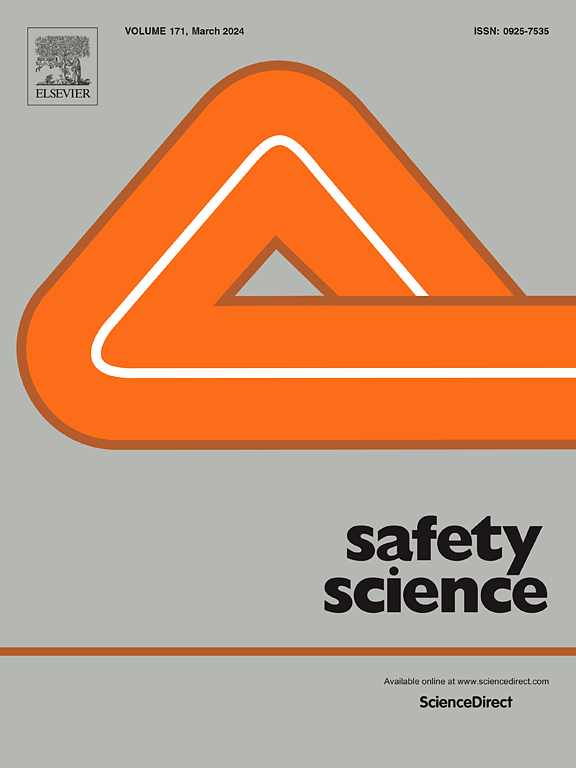旅游投资如何影响体面工作的每个支柱?来自欧盟国家的证据
IF 4.7
1区 工程技术
Q1 ENGINEERING, INDUSTRIAL
引用次数: 0
摘要
旅游业是就业的主要推动力,特别是对弱势群体而言。然而,尽管该部门作出了积极贡献,但仍面临体面工作条件不足和职业安全和健康标准方面的持续关切。应对这些挑战需要对旅游业进行战略性、监管良好的投资,这可以促进经济发展,促进公平的劳工标准,并确保长期安全的工作环境。研究人员利用2002年至2019年15个欧盟国家的四面板自回归分布滞后模型对这些动态进行了调查,以评估短期和长期旅游和旅游业资本投资对每个体面工作支柱的影响以及旅游业对就业的直接贡献。更具体地说,该分析包括四个不同的模型:模型I检查对创造就业的影响,模型II评估对社会保护的影响,模型III调查对工人权利的影响,模型IV探讨对社会对话的影响。主要结果表明,旅游资本投资在短期和长期都对就业创造有积极影响,在长期也对工作中的社会保护和权利有积极影响。相反,旅游资本投资似乎对社会对话产生了不利影响。关于旅游业对就业的直接贡献,它对创造就业机会和工作中的权利产生积极影响,同时对社会保护和社会对话产生消极影响,但这只是从长远来看。面板格兰杰非因果关系法证实了旅游相关指标与体面工作各支柱之间的关系。本文章由计算机程序翻译,如有差异,请以英文原文为准。
How do tourism investments affect each pillar of decent work? Evidence from European Union countries
The travel and tourism industry is a major driver of employment, particularly for vulnerable groups. However, despite its positive contributions, the sector still faces deficits in decent work conditions and persistent concerns regarding occupational safety and health standards. Addressing these challenges requires strategic, well-regulated investment in tourism, which can catalyze economic development, promote fair labor standards, and ensure safe working environments over the long term. These dynamics were investigated using four-panel autoregressive distributed lag models for 15 European Union countries from 2002 to 2019 to assess the effects of capital investment in travel and tourism and the direct contribution of tourism to employment on each pillar of decent work, both in the short- and long-run. More specifically, this analysis comprised four distinct models: Model I examines the influence on job creation, Model II assesses the impact on social protection, Model III investigates the effects on workers’ rights, and Model IV explores the implications for social dialogue. The main results reveal that capital investment in tourism positively affects job creation in the short and long run as well as social protection and rights at work (in the long run). In contrast, tourism capital investment seems to affect social dialogue adversely. Regarding the direct contribution of tourism to employment, it positively impacts job creation and rights at work while exerting a negative influence on social protection and social dialogue, but only in the long run. The panel Granger non-causality method confirms a relationship between tourism-related indicators and each pillar of decent work.
求助全文
通过发布文献求助,成功后即可免费获取论文全文。
去求助
来源期刊

Safety Science
管理科学-工程:工业
CiteScore
13.00
自引率
9.80%
发文量
335
审稿时长
53 days
期刊介绍:
Safety Science is multidisciplinary. Its contributors and its audience range from social scientists to engineers. The journal covers the physics and engineering of safety; its social, policy and organizational aspects; the assessment, management and communication of risks; the effectiveness of control and management techniques for safety; standardization, legislation, inspection, insurance, costing aspects, human behavior and safety and the like. Papers addressing the interfaces between technology, people and organizations are especially welcome.
 求助内容:
求助内容: 应助结果提醒方式:
应助结果提醒方式:


